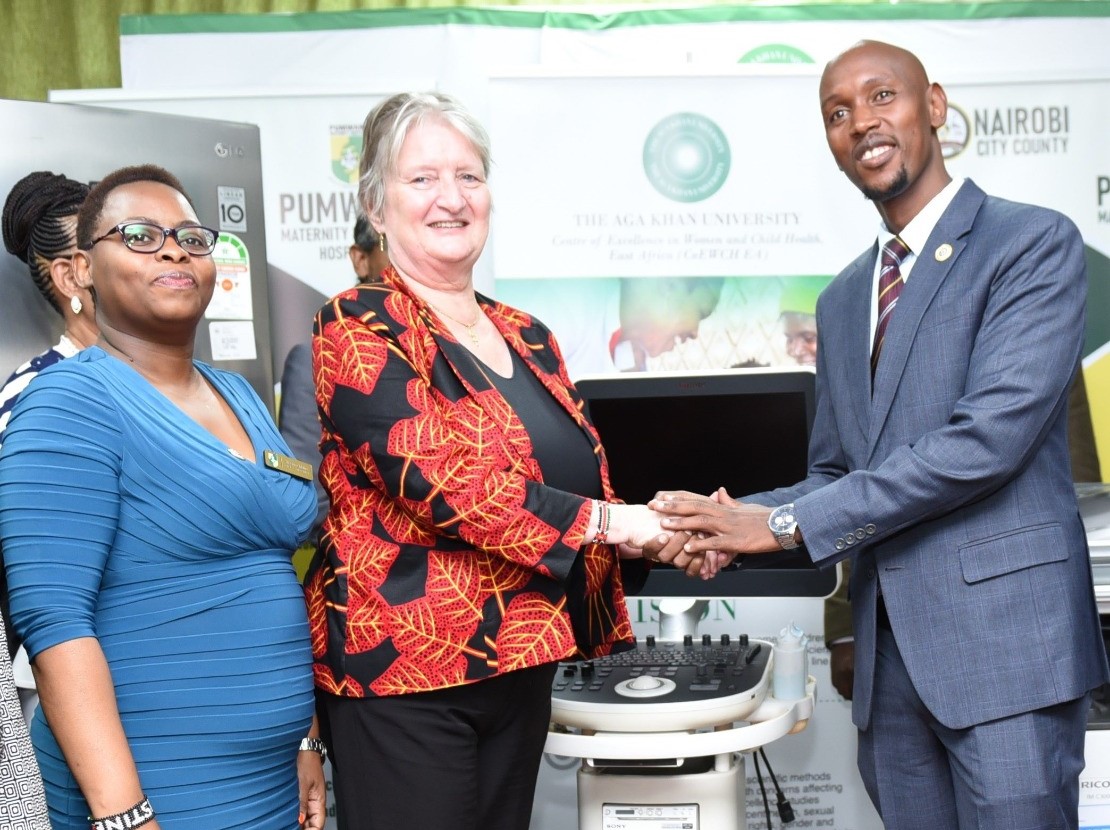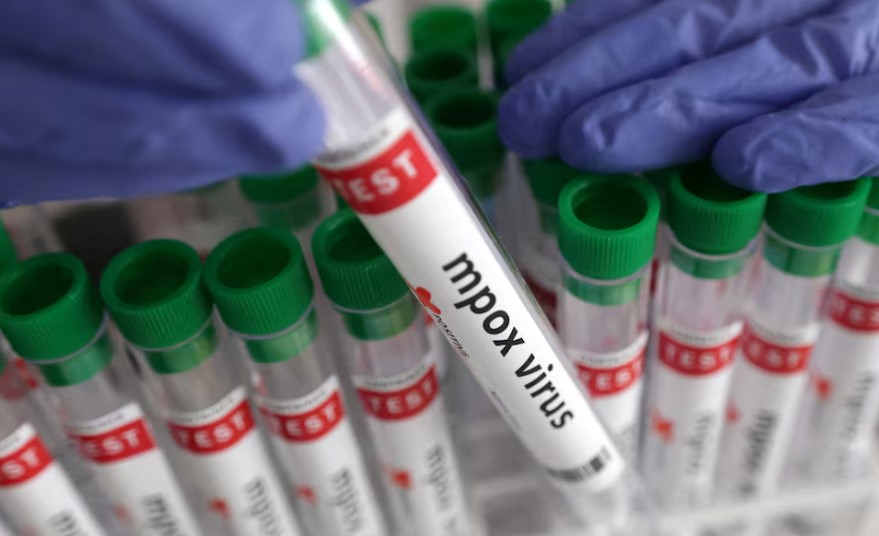Pumwani Maternity Hospital receives Sh2 million equipment to boost maternal, newborn care
By Dennis Tarus |
The ultrasound machine will be used in antenatal care to assess foetal development, gestational age, foetal position, and number of foetuses.
Pumwani Maternity Hospital has received medical equipment worth Sh2 million to boost capacity to provide comprehensive essential maternity and newborn care.
The hospital on Thursday received the equipment from the Aga Khan University’s Centre of Excellence in Women and Child Health, East Africa (CoEWCH EA).
Keep reading
The equipment includes an ultrasound machine, a fridge, and a printer.
The ultrasound machine will be used in antenatal care to assess foetal development, gestational age, foetal position, and number of foetuses.
The ultrasound will also support early ultrasound screening for all pregnant women as per the World Health Organisation antenatal care guideline of at least one ultrasound exam during pregnancy, best done before 24 weeks.
 Christine Kiteshu, Prof Marleen Temmerman and Goefrey Mosiria during the handover of equipment worth Sh2 million to boost the hospital’s maternal and newborn care on 22 November 2023. Photo: Courtesy)
Christine Kiteshu, Prof Marleen Temmerman and Goefrey Mosiria during the handover of equipment worth Sh2 million to boost the hospital’s maternal and newborn care on 22 November 2023. Photo: Courtesy)
“As a government, we are pleased to see that research is improving the quality of care in facilities and data is being used to make decisions. This handover will contribute to the goal of Universal Health Care for all Kenyans by 2030 which includes the scaling up of maternal and child health,” Geoffrey Mosiria, Nairobi County Chief Officer for Health Facilities Management said.
This comes after the recently concluded Covid-19 in pregnancy study, funded by the WHO, led by CoEWCH EA in collaboration with Pumwani Maternity Hospital and Aga Khan University Hospital.
“At Pumwani Maternity Hospital, we value quality of care which relies heavily on research. Since our established relationship with Aga Khan University, we have been passionate about studies that accelerate training and research on maternal and child care. We are grateful to our partners for this equipment that will be especially helpful at the point of care,” Christine Kiteshu, Pumwani Maternity Hospital CEO said.
Pregnant women are among the vulnerable groups susceptible to respiratory infections placing them at high risk of contracting Covid-19 which can lead to severe illness creating a need for intensive care unit admission and ventilator requirements.
Reader comments
Follow Us and Stay Connected!
We'd love for you to join our community and stay updated with our latest stories and updates. Follow us on our social media channels and be part of the conversation!
Let's stay connected and keep the dialogue going!












